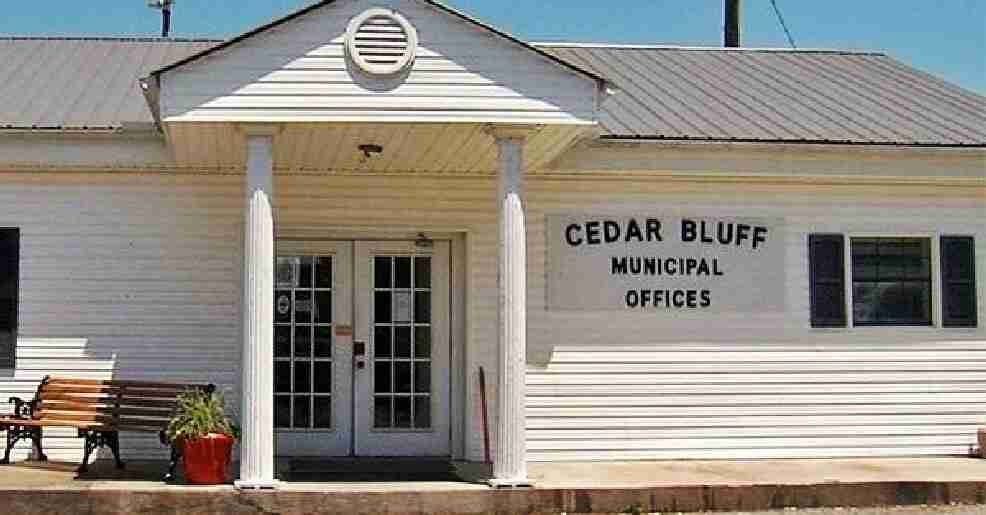 GEORGE OURFALIAN/AFP/Getty Images(ALEPPO, Syria) — In Syria, east Aleppo is on the brink of falling.
GEORGE OURFALIAN/AFP/Getty Images(ALEPPO, Syria) — In Syria, east Aleppo is on the brink of falling.
The Syrian government has taken control of at least 97 percent of east Aleppo after intense bombardments overnight and on Monday, according to the Syrian Observatory for Human Rights, a U.K.-based monitoring group. Seizing the remaining territories would grant President Bashar al-Assad a strategic victory, returning all urban centers in the country to his control. Airstrikes continue to pound the collapsing rebel-held areas, where tens of thousands of civilians remain trapped, the observatory said. On Monday, Syrian government troops entered one of the last remaining medical clinics there, said Mohammad Abu Rajab, a nurse and radiologist who works at the clinic and sought shelter with the other staff members.
“Here in Aleppo we are living with bombardments from all kinds of weapons,” Abu Rajab told ABC News. “The government has trapped us and thousands of children, elderly and women in a small area and is using all kinds of weapons for killing and destruction. … Aleppo is being destroyed and burning. This is our final call for help to the world.” He said that explosive barrels and chemical weapons have been used.
Several residents said that what is left of the rebel-held areas is too small to house the thousands of people who still live there.
“There aren’t many neighborhoods left for us to move around in,” Abdulkarim Sergieh, a resident and media activist in the remaining rebel-held areas, told ABC News. “Families are under rubble that the [Syria] Civil Defense was unable to move. [The] wounded can’t get treatment. Many people are dying from their injuries or losing body parts because of lack of treatment.”
He added that people are forced to go out to get water from the well and food for their children amid the constant bombardments. Besieged east Aleppo hasn’t received U.N. aid since July and people there live with little access to the most basic human needs such as food, water, healthcare, electricity and fuel for heating.
“No services. No life,” said Sergieh. “Everyone is awaiting their fate.”
Hassan Dahhan, a lawyer in the rebel-held part of Aleppo, said he lives with nine other men who are also lawyers in one apartment. The men’s families left the area so they moved out of their old houses to allow displaced families to move in.
“I expect that people will start sleeping in the shops if people keep fleeing from the neighborhoods that have been taken by the Syrian Army to these neighborhoods,” he told ABC News. “Many families are still looking for places to shelter them from the bombardments and the cold.”
Dahhan said that he wants to leave the small and shrinking rebel-held area, but that he believes the Syrian government will detain him if he does.
“Us lawyers didn’t carry weapons but we are wanted by the government and can’t leave without international assurances,” he said, adding that many other groups of people are in similar positions — media professionals, civil society activists and local council members.
According to the Syrian Observatory for Human Rights, at least 120,000 people have been displaced in Aleppo — including 90,000 who have fled to areas recently seized by the government. On Friday, the U.N. said that hundreds of men have gone missing after fleeing the rebel-held part of the city for government-held areas, voicing concerns that they may have been mistreated by the Syrian government.
Um Ahmad told ABC News her daughter fled the rebel-held part of Aleppo for government areas around 10 days ago with her young children, her husband and his brother. When they arrived at the first few checkpoints they were welcomed by Syrian government forces, Um Ahmad’s daughter told her. The soldiers even helped them carry their bags into the green buses that would transport them to the government-held part of Aleppo. They encouraged children to smile to the camera and photographed them, she said. But after the camera was put away, they took the IDs of young men and started beating them — her daughter’s husband and his brother were among them, Um Ahmad said.
“They took her husband and his brother and about eight other men out of the bus and my daughter doesn’t know what direction they went or where they took them,” said Um Ahmad, who lives in an opposition-held city in Aleppo’s northern countryside and uses a pseudonym out of fear for repercussions. She said that her daughter in government-held Aleppo cannot speak to journalists because it’s too dangerous — and that she communicates with her daughter in code. Intense airstrikes and hunger pushed her daughter to finally make the decision to leave, said Um Ahmad.
“Now that they are in government areas they have food,” she said. “But my daughter told me that her children are refusing to eat. They are saying, ‘We won’t eat until dad gets here.’ They are already starving and I am sure she forced them to eat, but they told her, ‘We will eat when they release dad.’”
Copyright © 2016, ABC Radio. All rights reserved.


